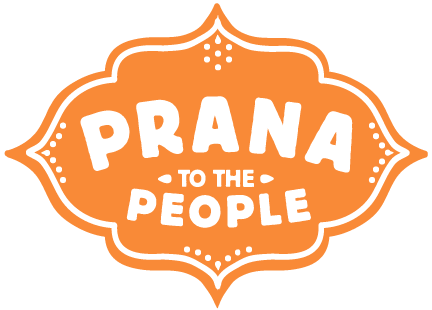When fad diets are called "ancestral," it begs the question of how old they are and how their age compares to other options: in particular, Ayurveda.
Let's take Paleo for instance. It's hip right now. Paleo advocates claim the diet is ancestral and stems from the Paleolithic era, which started 2 million years ago. Despite the fact that during said era disease was rampant and people lived to an average ripe age of 30, they reason that it's good for you because it's what your ancestors ate.
What I'm going to say may be shocking: Your two-million year old ancestors might not have been hunter-gatherers. They might have been growing their food.
Without a doubt I am a definitive non-Paleo, but the purpose here is not to debunk the diet, although it is highly debunkable. Let's just compare the age.
There is a bridge that connects India to Sri Lanka, that it dates to 1.7 million years old. It remained intact until 1480 BC when the sands under it shifted in a cyclone. It shows up clearly in NASA pictures of the earth, and is also written about in ancient texts. This bridge is called Ram Setu, or in the Western world, Adam's Bridge.
Interestingly, though the bridge dates so far back, in the old texts it is said to be only 10,000 years old. Historians agree, however, that time is not properly accounted for in the texts, partly because anything older than 10,000 is too long for the mind to grasp, and partly because the epoch we're in is rife with corruption, including corruption in the perception of time.
Let's assume the current dating methods are correct and the historians are correct. Let's layer the historical events from the ancient texts in order of time based on that. In such a scenario, it appears that Ayurveda has been around for longer than 2 million years.
There is similar combined scientific and historical evidence of continuous agriculture in parts of India from before Adam's Bridge until now. Continuous agriculture in other parts of the world cannot be ruled out. It would appear that civilization, and its component agriculture, is much older than we usually give it credit for.
Perhaps there were pockets of cave people and pockets of civilization coexisting in the world at the same time. But, in this equation, if the Paleo era started 2 million years ago, and Ayurveda was established before that, Ayurveda is older.
What is an ancient diet, anyway? Who were your ancestors? What did they eat and how did they prepare it? How does it pertain to you now?
We'd love to hear your answers.
Did you like this post? Subscribe to more articles about Ayurveda and a Vegetarian Lifestyle. We will never share your email with anyone else, ever.
